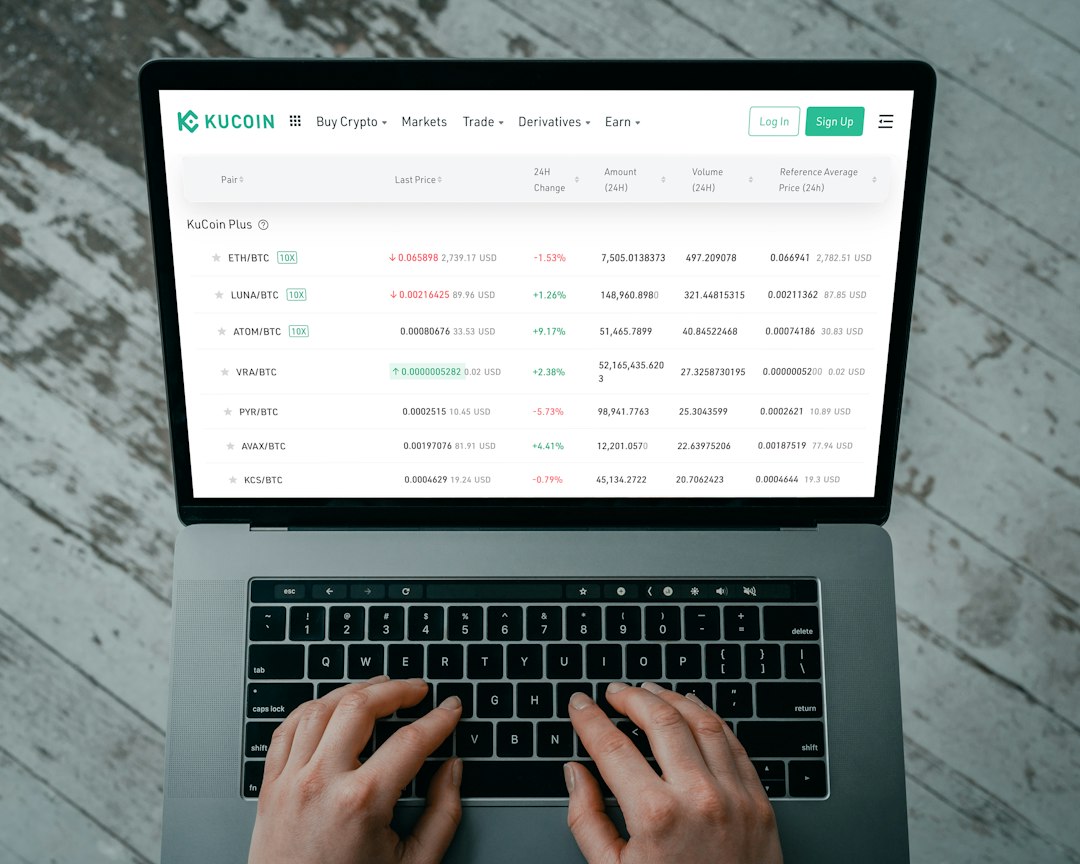JPMorgan Launches Programmable Payments via JPM Coin
JPMorgan has recently rolled out programmable payments through its permissioned blockchain-based payments system, JPM Coin. This new feature, launched by the bank’s blockchain business unit, Onyx, allows for automatic execution of payments based on preset rules, eliminating the need for manual checks and speeding up transactions.
This development is a significant milestone in the evolution of JPM Coin, as it introduces the long-awaited feature of programmability. The automation of transactions resolves the challenge of setting aside extra funds during treasury downtime, ultimately improving the efficiency of transactions, especially during weekends and holidays when traditional platforms may experience delays.
These programmable payments are targeted towards JPMorgan’s institutional clients and aim to enhance their treasury functions. By automating transactions, treasurers can potentially earn more income on deposits, address overdue payments, and meet margin calls more effectively.
Testing and Future Expansion
JPMorgan began testing programmable payments in 2021 with Siemens AG, and the official launch was marked by the German tech conglomerate utilizing this feature to address potential shortfalls. In the coming weeks, two more companies, FedEx and Cargill, are expected to adopt programmable payments as well.
Future Plans for JPM Coin
JPM Coin was introduced in 2019 to facilitate blockchain-based payments for institutional clients. While it has reached a milestone of processing $1 billion in daily transactions, there are plans to expand this payment system to retail consumers in the future. However, this amount is still relatively small compared to the $10 trillion in daily payments handled by JPMorgan through its traditional platforms.
Hot Take: Revolutionizing Payments with Programmable Features
The introduction of programmable payments via JPM Coin represents a significant leap forward in streamlining transactions for institutional clients. By automating payment execution based on preset rules, JPMorgan aims to improve efficiency and provide greater flexibility for its clients’ treasury functions. This innovative approach not only accelerates transactions but also opens up possibilities for future expansion into retail consumer markets.





 By
By
 By
By
 By
By
 By
By
 By
By